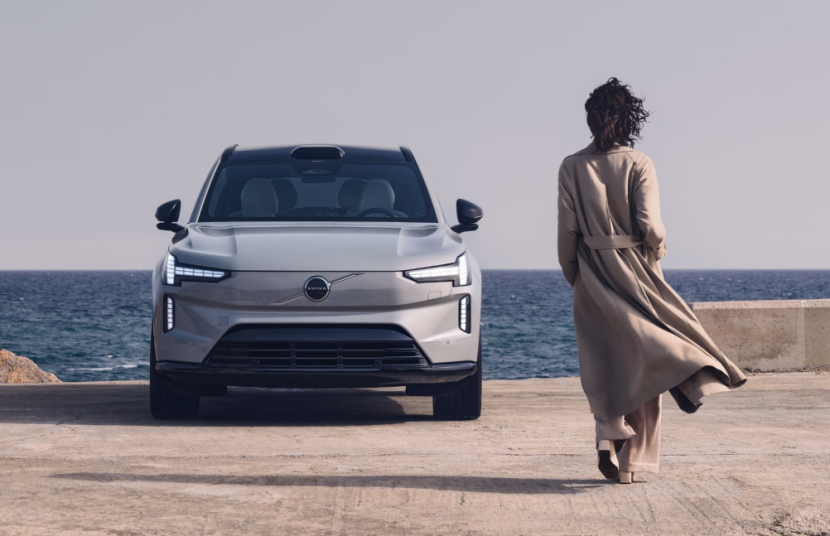According to foreign media reports, Swedish automaker Volvo Cars has initiated significant cost-cutting measures in the US in response to global market uncertainties. Insiders revealed that Volvo has reduced its US business department staff by approximately 15%, affecting about 60 positions, primarily at its headquarters in Mahwah, New Jersey. Some layoffs were achieved through natural attrition. The layoffs have not yet been publicly announced, but most affected employees joined during the COVID-19 pandemic. Notably, Volvo's on-site employees in the US are not included in this round of layoffs. A spokesperson for Volvo stated, 'We are taking steps to make our organization leaner and more efficient and to establish a more structurally low-cost base. This adjustment will help us build a more profitable future in the Americas and globally.' The US market is crucial for Volvo; despite a decline in deliveries in Europe and China in the first half of this year, sales in the US grew 6% year-on-year to 64,680 units, while global deliveries fell by 9%. This layoff action is part of Volvo's global cost reduction plan. Following a 60% drop in operating profit in the first quarter of this year, Volvo is aggressively pursuing a comprehensive cost-cutting strategy. In May, Volvo announced a global reduction of 15% of its workforce (about 3,000 positions), mainly focused in Sweden. Volvo's CFO Fredrik Hansson stated, 'This adjustment aims to make us structurally more efficient. We are thoroughly reviewing all possibilities.' The company plans to cut costs by 8 billion Swedish Krona (approximately $1.87 billion) to address weak demand in the US market and tariff issues. Notably, 90% of the vehicles Volvo sells in the US rely on imports. Therefore, the company has decided not to provide financial forecasts for 2025 and 2026. In terms of capacity adjustments, layoffs have also occurred at Volvo's plant in Ridgeville, South Carolina. In May, due to changes in market conditions and trade policy adjustments, including tariff factors, the plant laid off about 5% of its staff (around 125 people). The Ridgeville facility spans 2.3 million square feet, with an annual production capacity planned for 150,000 vehicles. However, according to data from Automotive News Research & Data Center, the plant produced only 20,000 vehicles last year, achieving just 13% of its planned capacity. Production of the Volvo S60 sedan at the plant ceased a year ago, and it currently only produces two electric SUVs: the Volvo EX90 and Polestar 3. To better utilize the Ridgeville plant's capacity, Volvo is considering producing a more popular model there, with the Volvo XC60 hybrid SUV likely being a top contender. In May, Volvo CEO Hakan Samuelsson stated, 'We hope to introduce a well-selling model as soon as possible, so a core mid-size vehicle is a good choice.'
Volvo Implements Major Cost-Cutting Measures in the US Amid Market Uncertainty

Share this post on: